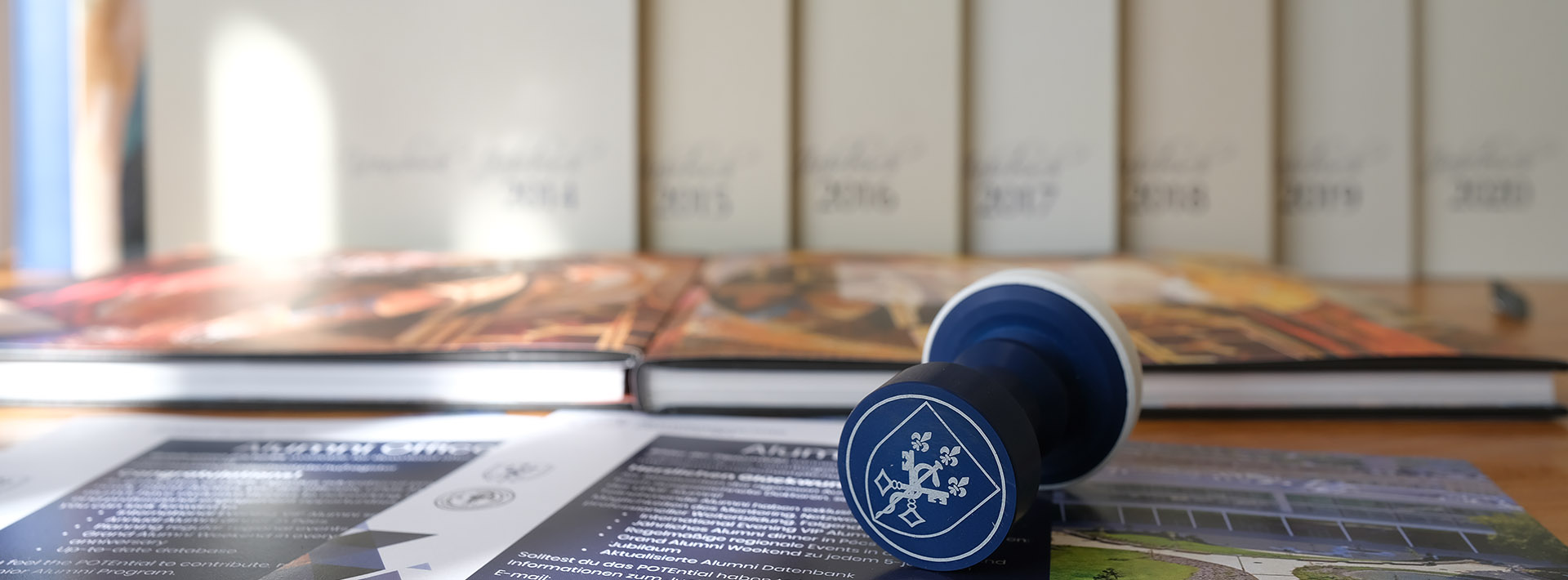Dr Hayek George, Ophthalmologist in Luxembourg.
Interview conducted in September 2021
 - How would you describe your specialty in a few sentences?
- How would you describe your specialty in a few sentences?
- What a wonderful organ that is, the eye ... But what complexity, too! Make no mistake, being an ophthalmologist is first and foremost to be a doctor.
And who says doctor, says medical training!
Being an ophthalmologist is therefore much more than simply prescribing corrective lenses or diagnosing vision deterioration. The profession goes much further, the eyes being able in certain cases to reveal much more general diseases such as diabetes or certain infectious and systemic diseases.
Thus, ophthalmology is a profession that requires a great deal of knowledge in general medicine, which makes this profession a very varied profession, whose very vast expertise extends from surgery (cataract, retina, glaucoma, paediatric…) to the little hassles of everyday life (pink eye, foreign body).
- Can you describe your medical journey with the University of Pécs Medical School?
- I am 33 years old. After 6 years of medicine, 5 years in an ophthalmology residency program and 2 years of oculoplastic & cataract fellowship I am currently working as Ophthalmology specialist in Luxembourg.
My medical journey started in 2007, at the University of Pécs Medical School (UPMS), into my 2nd-3rd year of medical school I got offered an opportunity to help with an undergraduate research within the Department of Ophthalmology.
After I finished medschool in 2014, I joined the residency training program and out of the 5 years, 3 were completed in Hungary at the UPMS and the last 2 were done in France at the CHR-Metz-Thionville Hospital.
I came back to Hungary in May 2019, to pass my Hungarian board exam and since we live in a very competitive world field, I was advised to pass the prestigious European Board of Ophthalmology (EBO) which took place 2 days after my Hungarian Board in Paris.
After passing both board exams, I got offered a 2-year fellowship opportunity in France.
I really enjoyed it very much: the patients were kind, and the staff was motivated and friendly.
During my fellowship I strengthened my cataract surgery skills and sub-specialized on different kinds of eyelid pathologies and surgeries.
- What determined your choice for ophthalmology?
- I wanted a medico-surgical specialty without the long hospital stays and hardcore nightshifts. I enjoy the consultations and the operating room, and ophthalmology overlaps both. I hesitated a lot, paradoxically with gynaeco-obstetrics (my dad’s specialty, but after one nightshift with him, I knew this wasn’t my call). Certain aspects of ophthalmology appealed to me. Ophthalmology is the science of detail, everything is microscopic, clean, precise, this fascinated me. In addition, we are fortunate to work with cool ultra-sophisticated machines (Optical coherence topographer, lasers, phacoemulsification machines…)
When choosing ophthalmology, expect to face comments like “are you going to give it all up to just take care of the eyes?”, “but what are you going to do to treat only the eyes?” But in fact, ophthalmology is very broad and not well known, when you know someone around you who has an eye problem, you realize its importance better. I always tell my staff and co-workers, we’re here to save peoples sights and trust me this makes a difference in people's lives and that is very rewarding to see a person regain vision after a surgery or an eye injection.
I started thinking of Ophthalmology when I was in 2nd/3rd year of medicine, I got lucky in joining a team or researchers at the UPMS and after seeing all the different facets of ophthalmology this reinforced my decision toward that specialty, I participated in multiple national and international conferences and thanks the Erasmus program I did an internship at the Johannes Gutenberg University (JGU) in Mainz, Germany.
And then, sincerely, I have never met any ophthalmologist in all my internships who were not happy with their job and that also influenced me in my choice.
- What advice would you give to students considering ophthalmology as their specialty or even another one?
- For my side, ophthalmology is a competitive specialty to get into. I was fortunate to already be on an undergraduate research program (TDK) that allowed me to work in close quarters with my future colleagues, this gave me an easier entry door to the residency program. I know some people after medical school go into a PhD program in their desired field to obtain and later secure a spot.
As a general advice I would encourage them to contact a department which will allow them to have a better insight into what their future job would look like and possibly be involved, observe, and even work on some research projects. If you are interested in a particular specialty, you may find it helpful to contact your local department to find out more about that specialty and see what opportunities are available in order to allow you to enhance your CV by doing practicals abroad and enrich your CV.
Personally, I was able to demonstrate a commitment to a career in ophthalmology by doing so and this helped me secure a training post in multiple great departments from Hungary to France.
